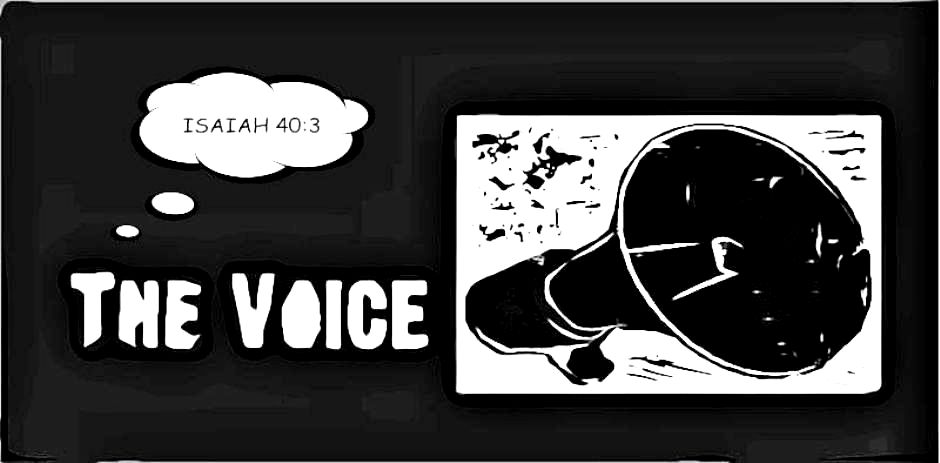
After spending some time over at the National Geographic
website, looking for something interesting to post on, I finally found
this article called
The Search for Other Earths. I thought it was awesome. It's written about the efforts of modern scientists to find other earth-like planets that could support life. For people like me, people who grew up as kids dreaming of dinosaurs, the origin of earth, and
Star Trek-inspired colonies on other planets (
Mars was always
a pretty fun candidate), the idea of 'other earths' just seems... well, really cool. On my part, I hope that these scientists find what they are looking for. (Although, some scientists think that planets like
Gliese 581 D might have the right stuff already.) To science!
Theologically, though, what would the ramifications be if this
National Geographic-reported team found what they were looking for? Conservative Evangelicals might have a variety of objections when it comes to discussing the topic. I thought I would list five.
Objection #1: "If there are other earths, wouldn't that disprove an Intelligent Designer?" Much of the ID movement's arguments are based around the unlikeliness of life happening by random chance (and it's a good argument, too: it
influenced Atheist philosopher Antony Flew to convert to Deism before his recent death). If another inhabited planet was found, that might be good evidence that randomly-forming life is more common than we think. The Atheists would have a field day with the news. But look at it this way: the universe is big. Lots and lots of material out there. In addition, it seems almost unbelievable that our Creator -who has, as a basic part of His nature, His own drive to
create things- that He would just do nothing with the rest of His universe. It actually makes more sense that He would create life elsewhere in the universe, rather than doing nothing at all. As for the Intelligent Design argument, about life being an impossibility if left to random chance, it is still valid even if we find
scores of 'other earths'. That life exists at all is miraculous and unexplainable, and warrants acknowledgment of a Higher Power, no matter how many times and how many places we might find it, however unexpectedly.
 Objection #2: If the life we found was sentient, it would mean God did not uniquely love humanity.
Objection #2: If the life we found was sentient, it would mean God did not uniquely love humanity. First, contextually, on the earth God has uniquely loved humanity: He has chosen us; He has revealed Himself to us; and He has called us to a relationship with Him which no other creature on our planet has or can have. Second, beyond the realm of Earth, the Bible already speaks of non-humanoid beings who invoke God's name and follow Him. These are the Cherubim and Seraphim, which we call spirits, messengers from God, and angelic beings. St. Paul even wrote that these beings are among the elect (
1 Timothy 5:21). Third and finally, we just need to recognize that God does not owe us the sole affection of His love. Even if sentient life were found on another planet, we would just have to suck it up and come to terms with the fact that Yahweh is the God of the black
and the white; the slave
and the free; the Jew
and the Gentile; the man
and the woman; the human
and the weird, newly-discovered sentient phenomenon of Really Cool Science. Don't be hatin'.
 Objection #3: What would alien life mean for salvation?
Objection #3: What would alien life mean for salvation? It depends on the kind of life we're talking about. Organic molecules have already been
found in comets; that kind of 'alien' life doesn't trouble me at all. If we are talking about lifeforms as in wildlife on another planet, that would be pretty easy, too. After all, we don't try to evangelize cheetahs or dolphins, do we? But the real question is sentient life. That isn't something that's on the horizon right now. Even the alien wildlife thing is a massive stretch from "habitable planet" to "inhabited planet". To ask about such a planet with sentient life is unreasonable at this point. And, even if it were true, the theological implications would vary depending on a number of other factors. I'm just saying.
Objection #4: What about ethical issues arising from foreign species? Are we talking about imposing monogamy on an alien race that has three sexes? Or about imposing sanctions against pre-natural death for a race that blows up and releases poisonous chemicals upon age-related expiration? That stuff is for the science-fiction authors and screenwriters, my friend. Theological concern though it may be, we just don't have any reasonable basis on which to ask that question yet.
Objection #5: Wouldn't an inhabited -or habitable- planet outside our solar system disprove Creationism? That all depends on your particular Creationist preference. A young-earth, literal seven day creationist would probably become as extinct as the dinosaurs.* An old-earth Creationist of the
gap theory variety would probably emerge from the discovery relatively unscathed. My own view is that Genesis 1 is a poem, needs to be read and interpreted accordingly, and renders me nigh-invulnerable to scientific concerns about the origin of species or the existence of other intelligent life. But the real answer is that it comes down to how you interpret those first few chapters in Genesis. And it also depends on your persistence. A Six Day Creationist tradition which can bounce back from repeated fossil discoveries of intermediate-looking lifeforms can bounce back from anything.

For all two of you who might have wanted an article on the topic, you're welcome. 'Till next time, this has been Sean Rice,
Captain's Log, star date 7/16/2010.


















